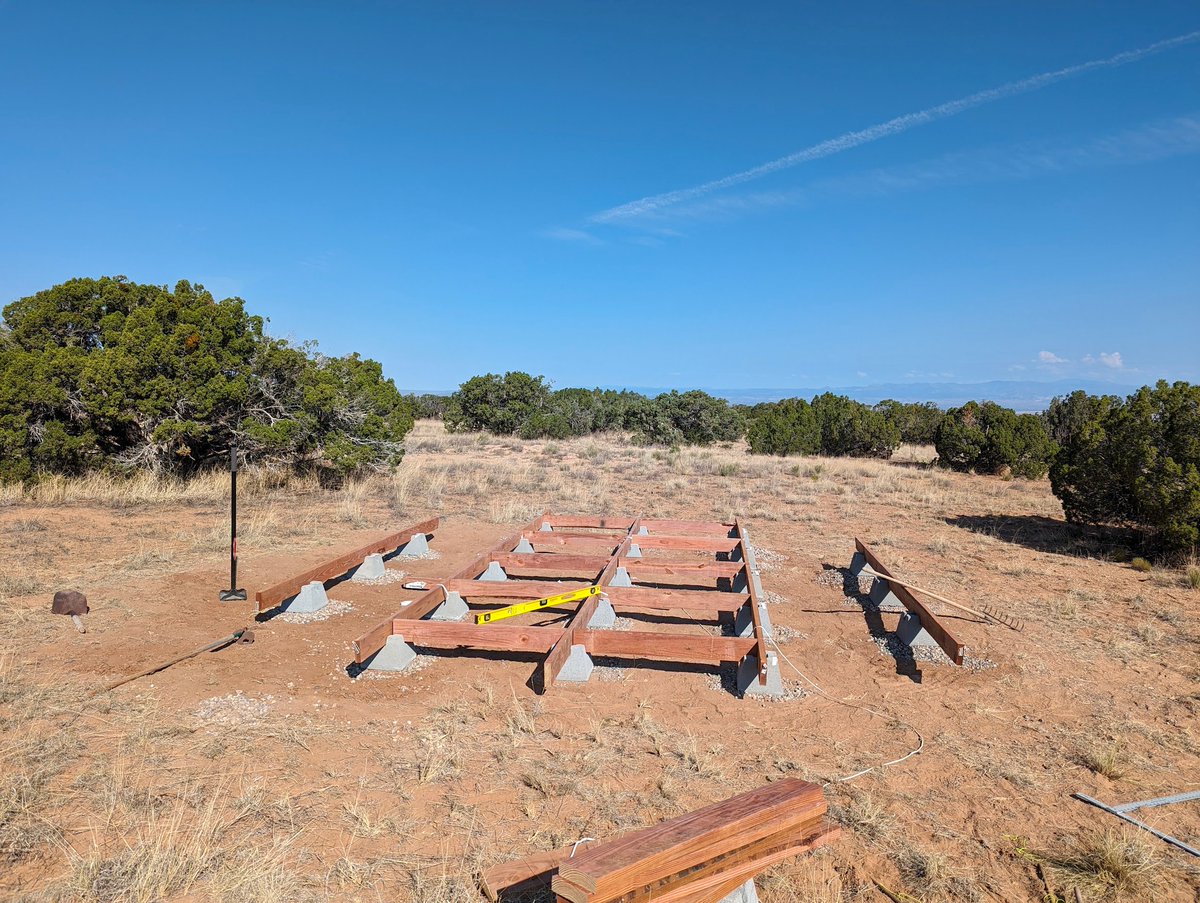The web3 concept that is slowly congealing is an interesting inversion of web 2.0. Back then the idea was "build social websites and figure out the money part later." Today it's "build money stuff and figure out some non-speculative use for it later."
https://twitter.com/gponcin/status/1447948308907913218
There are three non-fraud foundational problems with "web3":
1. No way to reference anything in the real world (oracle problem)
2. Immutable code makes any smart contract its own bug bounty.
3. Everything breaks (more) unless expensive distributed systems are run in perpetuity.
1. No way to reference anything in the real world (oracle problem)
2. Immutable code makes any smart contract its own bug bounty.
3. Everything breaks (more) unless expensive distributed systems are run in perpetuity.
You can't write this off as idiotic because there may be serendipitous discoveries waiting, just like happened with the web 2.0 hype. But the money element is new and quite toxic. It's a set of legos where every lego is also an unregulated casino, ponzi scheme, and ransomware kit
I've called these trustless systems string theory for programmers because the details of making them work are intellectual catnip, even as the concept as a whole drifts further from any connection to reality. And it's all a huge sink for innovation we could use in the OG web.
There's a poorly articulated sense of "decentralization = freedom" that drives this culture, as well as the familiar Year Zero mentality of silicon valley that enjoys reinventing human relationships from first principles and moving them into code. And there's oceans of real money
That last part existed before—the incentive with "web 2.0" was to extract money through compelling storytelling to investors. But it was limited to a set of players (startups and investors) in a way the web3 project, which demands full access to the civilian economy, is not.
The real villains to focus on right now are companies like Coinbase and Stripe that are trying to make this connection happen, with one leg in the regulated financial system and one leg in the cesspit of blockchain. They should be regulated into a fine pink mist.
If there is value in the decade plus of experimentation with blockchains (and I'm bending over backwards here to try to see it) then it will find a way to break through without this Niagara of real money investment. We'll see at least one application that is not self-referential
Meanwhile, we also have to hack away at the situation that makes decentralized trustless architectures so emotionally appealing to a rising generation of young programmers—an entirely centralized web in the hands of the untrustable.
For people sufficiently technical to appreciate the deep stupidity of the blockchain, the feeling is like repeating the nightmare of the last decade of politics in the western democracies—why is this obviously ridiculous, unworkable, and toxic set of ideas so hard to discredit?
For my part, I knew we were doomed when Matt Blaze sold the crypto-dot-com domain. (I say that without casting any aspersions on Matt)
The world I live in becoming objectively stupid right as I enter middle age is like an extra prank the universe is playing on me.
I forgot to credit @qrs in this thread for the concept of "every smart contract is its own bug bounty"
https://twitter.com/qrs/status/1395784294451265536
Someone reminded me that "web 2.0" was also eaten by its own boil-the-ocean project, the Semantic Web. But at least no one poured billions of dollars into RDF and ontologies and converting the planet to XML. This time we gave the architecture astronauts access to limitless money
• • •
Missing some Tweet in this thread? You can try to
force a refresh










